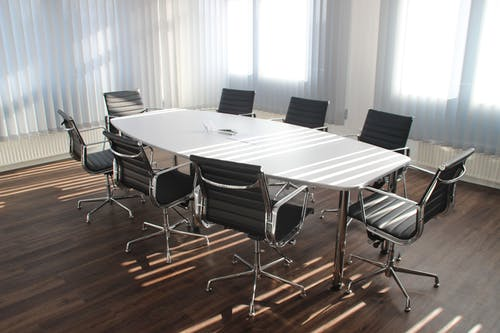There are many factors to consider before renting an apartment or house. This is because tenancy legislation can vary among states and countries. It’s important that you carefully read your lease agreement, think through what it means for you, and discuss any concerns with the landlord beforehand. It is good to be careful when looking for venues for rent so that you can avoid any security issues and be a part of a good locality. This article is going to talk about the factors that you should consider when looking for an apartment or house to rent, as well as discuss some other important things related to renting.
1. Rent Payments and Receipts
It’s important that you know exactly how much your rent payment will be each month when it’s due, and how to pay it. Because different rental agreements have different payment schedules, you’ll need to ask the landlord about when rent is due. You should also request a receipt for your monthly rent payments. Receipts are not legally required in all states or countries, but they can help protect both the renter and the landlord. In particular, receipts are good for verifying payment in case there is a disagreement later on between tenant and landlord.
2. Rent Increases
In most states or countries, landlords can raise the rent as often as they like, provided that proper notice of the increase is given to tenants and that an increase cannot be done during a fixed-term lease that has a set end date. In this case, tenants can choose to leave before the end of their leases and not be held responsible for any unpaid rent due at the end of the term if they don’t wish to stay. This is one reason why it’s important to read your lease agreement carefully and ask questions about anything you don’t understand.
3. Security Deposits
In some states and countries, landlords can require a security deposit from their tenants in order to cover damage that the tenant may cause to the property during the term of the contract. If there are no damages, then tenants typically get back 100% of their security deposits when they move out (and sometimes even get extra money on top of that). If there are damages, then it’s up to the landlord to determine if they’re significant enough to withhold part or all of a tenant’s security deposit. Tenants should try and make an inventory of the property when they move in so that they can compare it with an inventory when they move out. This is because some landlords may try and charge tenants for damages that existed prior to their tenancy.
4. Length of Lease Agreement
The length of a lease agreement is another factor to consider when looking for venues for rent. Some leases only last a few months, while others can go on for years and even decades (though anything longer than one year should be considered “indefinite”). If you only need to rent for a short period of time, then month-to-month rentals are usually your best bet. However, if you’re looking for an extended rental agreement because of work or school commitments, then you may want to consider longer terms. It’s important that tenants know the length of their lease agreements before they sign a rental agreement, and landlords should make this information available to them in writing.

When renting out venues for rent, tenants need to pay close attention to their lease agreements. Understanding rental payment schedules, security deposits, and what can happen if you don’t fulfill your end of the agreement are all important things that every tenant should be aware of before signing a contract. These factors have been briefly discussed in this article, but there are a lot more factors that a tenant should be aware of before renting out venues for rent. If you need to know more information about how to look for places to rent, contact your local government agency or search online for resources on housing and tenants’ rights.

